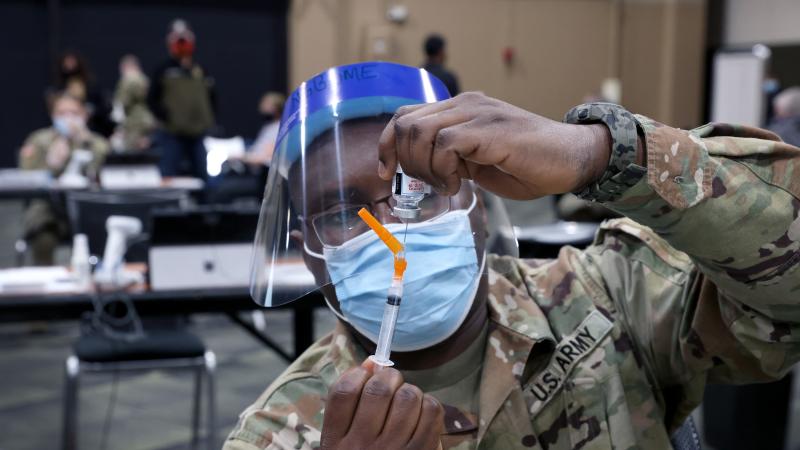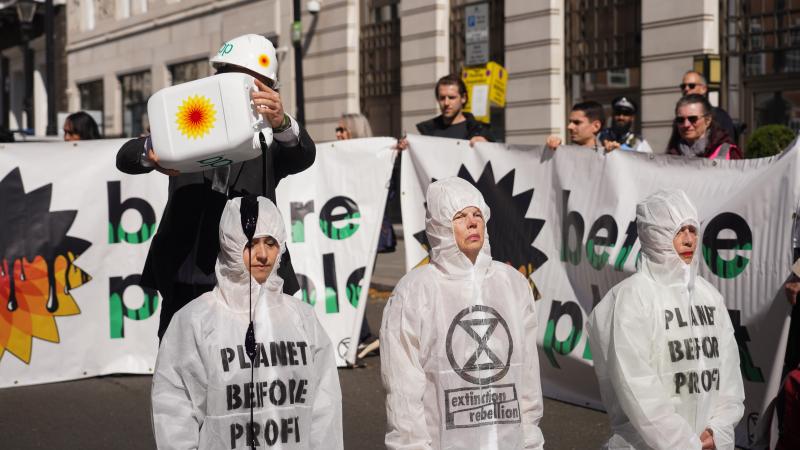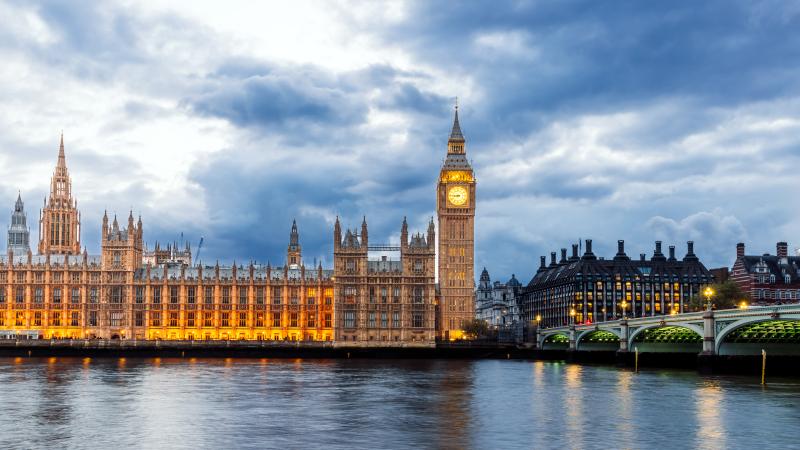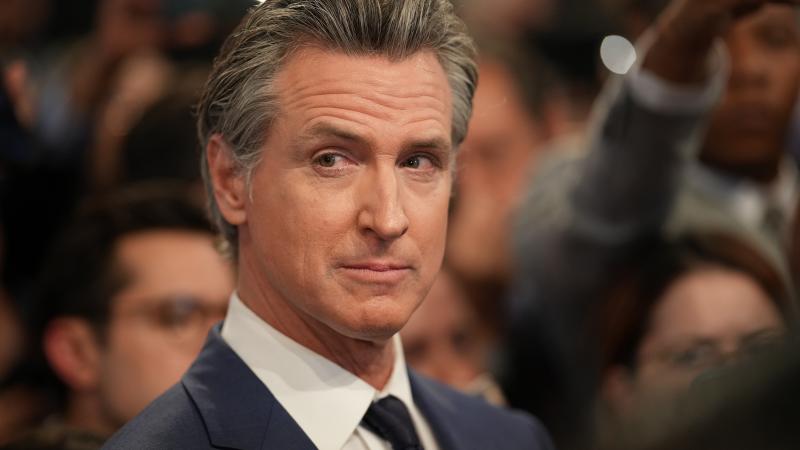As new lockdowns are ordered across Europe, Swedish COVID death rate has fallen sharply
"What we see right now is a rapid fall in the number of cases, and of course some kind of immunity has to be involved in that as nothing else has changed," says Sweden's coronavirus response czar, State Epidemiologist Anders Tegnell.
As governments across Europe are contemplating the reinstatement of curfews, lockdowns and other restrictive mitigation measures to combat a resurgent coronavirus, Sweden, which went its own way with a less interventionist response to the virus, has been largely spared from the spreading "second wave."
In France, President Emmanuel Macron has ordered a new lockdown until December. People are not to leave their homes except to buy essential goods, seek medical care and to exercise for an hour a day. Bars and restaurants will be closed, and travel between regions banned. Schools will stay open, but universities will move online.
German Chancellor Angela Merkel earlier this week introduced tougher restrictions in her nation for a four-week period: No more than 10 people from two households are allowed to meet outdoors. Non-essential travel is discouraged, and hotels are not open to tourists. Schools, kindergartens, shops and churches remain open.
So far the U.K. government is not following suit. "We don't want to create a second national lockdown," Housing Secretary Robert Jenrick told Sky News. "We know that has some effect on bearing down on the virus, but we also know it's immensely disruptive in other regards to people's lives and livelihoods and broader health and well-being, so we will do everything we can to avoid that situation."
Instead, the British government has favored localized restrictions in cities such as London, Birmingham and Manchester. Scotland, Wales and Northern Ireland have unilaterally imposed their own extreme measures.
However, earlier this year, Macron issued an ultimatum that he would close France's border with Britain unless it introduced tougher restrictions by March 20. British Prime Minister Boris Johnson duly obliged, ordering a full lockdown just six days later. How much this latest French decision will affect the U.K. remains to be seen.
This latest imposition of nationwide restrictions is being called a "circuit-breaker." As it is in place for a limited time period, it is hoped this will be less damaging to the economy and to people's mental health than a lockdown.
Critics point out that when lockdowns were originally imposed earlier in the year, they were also supposed to be in place for a very short time. In March, France was told it would last 15 days; the UK's lockdown was supposed to last for three weeks.
The justification for taking these tougher measures now is that infection numbers and deaths are starting to rise. Countries are fearful once again that their health services will be overwhelmed.
Meanwhile, one European nation continues to defy European public health orthodoxy. Sweden's decision not to go into full lockdown continues to receive criticism. TIME magazine, for example, recently published an article about the Swedish experiment headlined: "The Swedish COVID-19 Response Is a Disaster. It Shouldn't Be a Model for the rest of the World."
Initially, Sweden's fatality numbers started rising fast: At one point its mortality rate was five times higher than its Scandinavian neighbor Denmark and ten times higher than Finland and Norway. It turned out that this was mainly due to one of the few lockdown restrictions Sweden did impose. Elderly people were moved out of hospitals and into nursing homes. Then, as the virus spread, the newly sick were not allowed to go into hospital for treatment. It has since eased those restrictions.
"Deaths are not so closely connected to the amount of cases you have in a country," claims Sweden's coronavirus response czar, State Epidemiologist Anders Tegnell controversially claims. "There are so many other things," he argues, "that the influence the amount of deaths you have. What part of the population gets hit? Is it the elderly people? How well can you protect people in your long-term facilities? How well does your healthcare system continue to function? How can we improve the treatment in ICUs?"
Tegnell's decision to keep Sweden's society largely open and rely on voluntary participation, rather than imposing reduction measures, may have allowed herd immunity to grow within its population. "What we see right now is a rapid fall in the number of cases," he says, "and of course some kind of immunity has to be involved in that as nothing else has changed."
According to worldometers.info, during the last three months from July 27 to Oct. 27, Sweden suffered 198 deaths, around two per day. To put that in perspective, the average number of cancer deaths during that same period in Sweden is 6,000.
If Sweden's small population of 10.23 million was scaled up to the U.K.'s size, that would be the equivalent of 1,290 deaths, whereas the U.K. actually suffered 4,540 deaths (over three times as many) during that time. The U.S. equivalent of Sweden's number would be 6,406, whereas worldometers.info reports there were 80,677 U.S. deaths, which is over twelve times as many.
Another factor that may have played a part in those higher numbers is the general health of the population. According to the World Health Organization's Global Obesity Levels chart, the U.S. lies in 12th place with 36.2% of its population deemed obese, the U.K. is in 33rd place with 27.8%, and Sweden is way down in 96th place with 20.6%.















